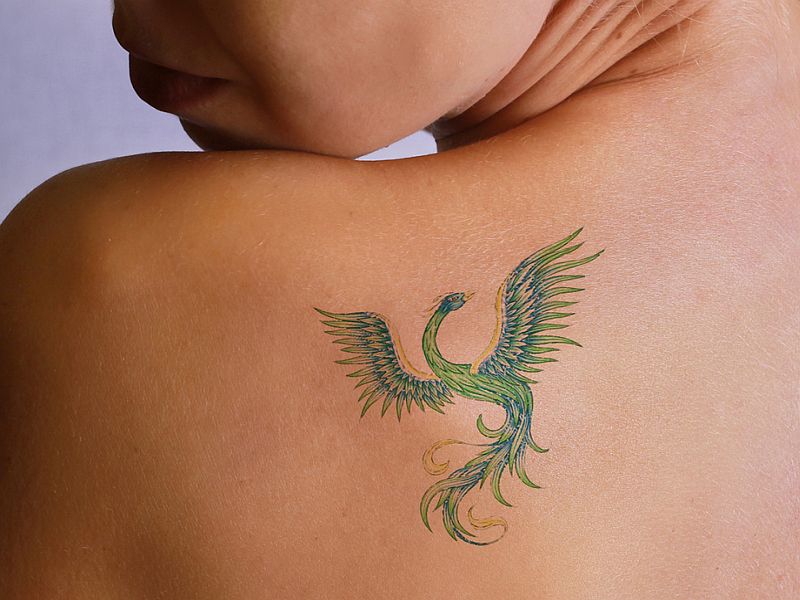
FRIDAY, Sept. 20, 2019 (HealthDay News) -- If it's time for that tattoo to go, here's some advice from the American Academy of Dermatology.
Lasers removal of tattoos has become safer and more effective, but the results depend almost entirely on the person doing the work.
"For the best results and to reduce your risk of serious side effects, such as scarring, burns and other wounds, it's important to make sure the person treating you is a physician who is extremely skilled in using lasers and has in-depth knowledge of the skin," said New York City dermatologist Dr. Marie Leger.
"After that, it's also important to properly care for the treated skin between sessions, as your skin needs time to heal and flush out the ink," Leger added in an academy news release.
After each treatment, wash the treated area twice a day with water and a gentle cleanser. Use a clean cotton swab to apply petroleum jelly to the area to help keep the skin moist so it doesn't dry out or form scabs. To prevent infection, cover the treated area with a dressing until the skin heals.
The treated skin is more susceptible to sun damage, so you should protect it from direct sun exposure. When outdoors, wear protective clothing, such as a lightweight, long-sleeved shirt, pants and a wide-brimmed hat, Leger advised.
After the treated skin heals, use a broad-spectrum sunscreen with an SPF of 30 or higher that contains zinc oxide. Zinc deflects the sun's harmful ultraviolet rays.
Don't pick at any flaking, peeling, blisters or scabs that form, and don't pop any blisters. Doing so can cause infection.
After a laser tattoo removal session, it's normal to see some redness, swelling and blistering as your skin heals. However, if you notice signs of an infection, such as increasing redness and pain, swelling or pus, see a doctor.
"Tattoo removal requires many treatments, with weeks between sessions," Leger said. "For the best results, follow your dermatologist's instructions for at-home care, and keep all of your appointments for laser tattoo removal, as each treatment removes more ink."
More information
The U.S. Food and Drug Administration has more on tattoo removal
Back

The news stories provided in Health News and our Health-E News Newsletter are a service of the nationally syndicated HealthDay® news and information company. Stories refer to national trends and breaking health news, and are not necessarily indicative of or always supported by our facility and providers. This information is provided for informational and educational purposes only, and is not intended to be a substitute for medical advice, diagnosis, or treatment.






